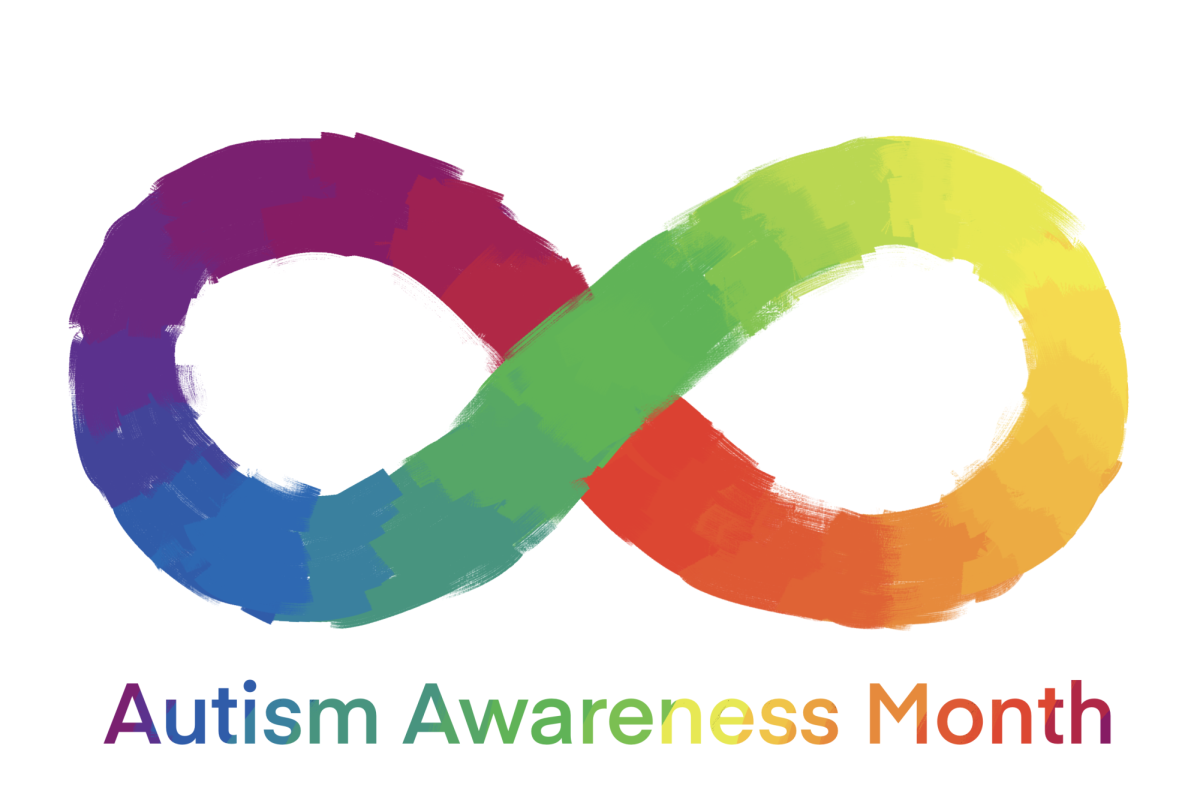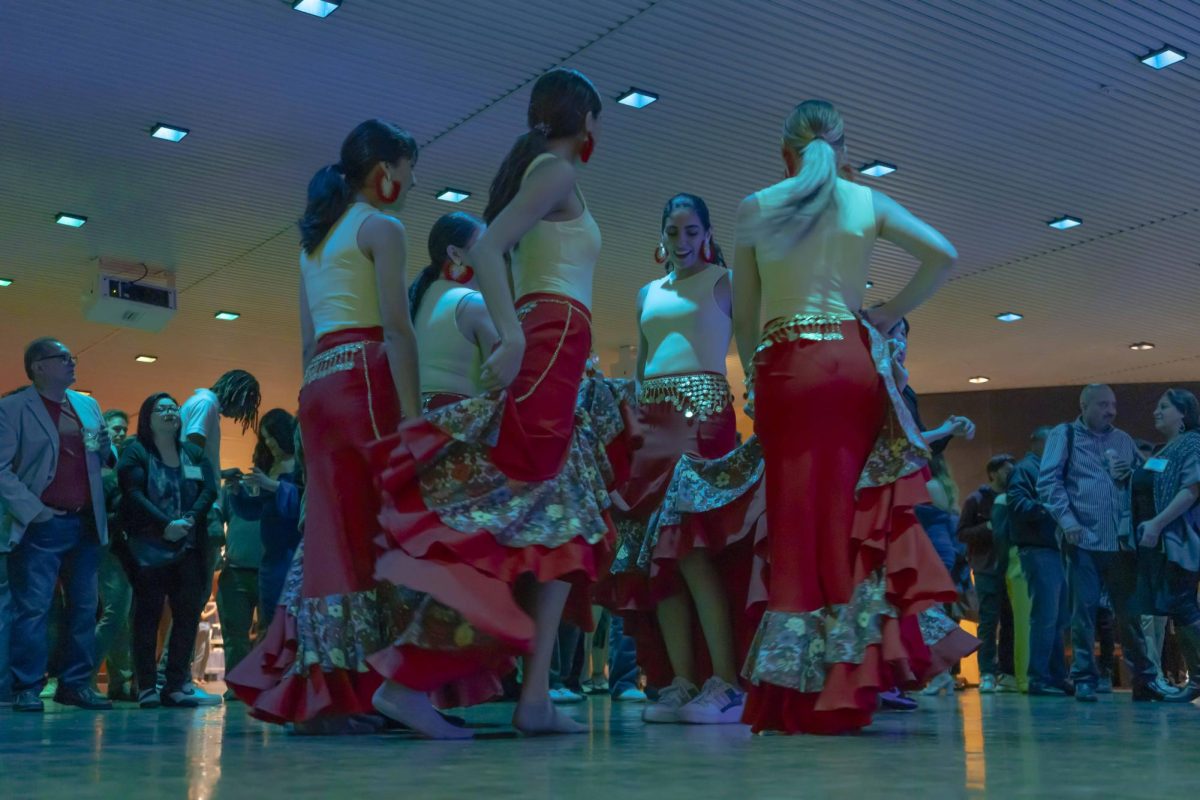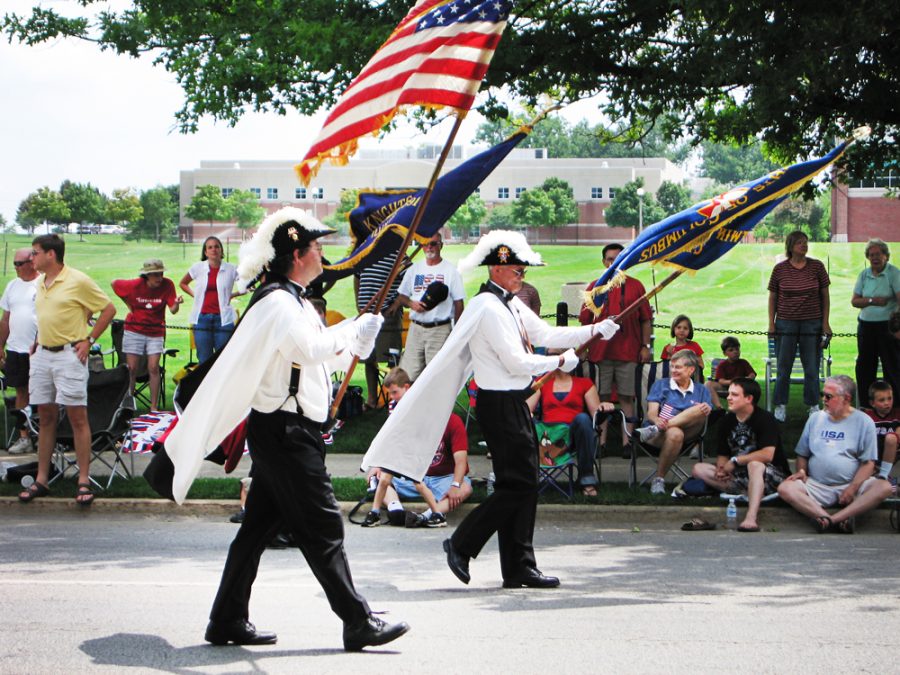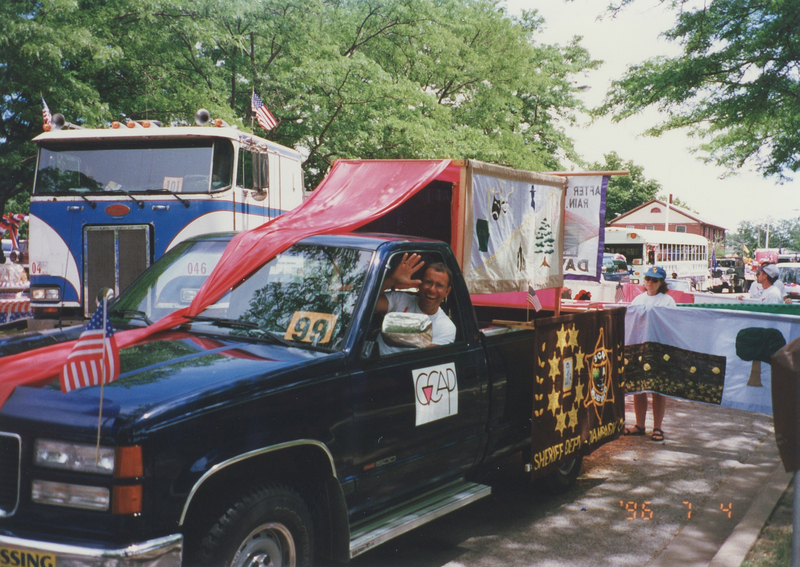The beginning of a new lunar year marks the unfolding of Diwali celebrations — otherwise known as Deepavali — which is a deeply historical and cultural holiday.
This year, the celebration will begin Nov. 12 in the Hindu month of Kartika, which is the day of the new moon on the Hindu lunar calendar.
Marigold garlands will hang from doorways, family rooms will be illuminated with the glow of diyas, rangolis will be laid out at home entrances, fireworks will crackle in the sky and lights will be seen throughout the Main Quad.
Diwali, also recognized as the festival of lights, is one of the most significant celebration markers in South Asian culture. During the five-day observance period, it brings together over one billion people to appreciate age-old traditions and cultural foods.
Ever since it is said to have first begun in 527 BC in the Indian subcontinent, it has become a holiday to celebrate light over darkness, commemorate prosperity, welcome wealth and quash evil.
Get The Daily Illini in your inbox!
Across India and different minority groups including Buddhists, Jains and Sikhs, different tales have emerged around Diwali, each one commemorating a different lord, guru or individual.
In south India, Lord Krishna is glorified for saving 16,000 imprisoned women and for victoriously standing up against the evil spirits within King Narakasura.
Throughout western India, the stories revolve around Vishnu, who heroically killed another threatening and evil king.
Northern India, by contrast, honors Prince Rama, who spent 14 years in exile before finally killing the once indomitable demon named Ravana and returning as a victor.
According to Rishabh Bhandari, sophomore in Engineering, each historical story is connected by a similar theme.
“Ultimately, it’s a celebration of good over evil, so there’s a lot of stories that could fall into that and celebrate it for Diwali,” Bhandari said.
From the start of Diwali, families will do everything they can to make their houses more appealing to their Lord Lakshmi, who is the lord of wealth, fertility, prosperity and good fortune. This could include tidying up the house, buying gold and laying out sweets.
“One of the traditions is you have to buy some new metal stuff on that day,” said Vindhyawasini Prasad, former vice president of the Indian Graduate Students Association. “It could be just a spoon or it could be a car. So, if my father had to buy a motorcycle, he would wait for Dhanteras (the first day of Diwali).”
Overall, Diwali is a high-spirited time of year. Many observers, such as Derek Pinto, vice president of IGSA, appreciate the childhood memories that come with the holiday.
“On the day of Diwali, we used to light our front yard with candles and tea lights, which are flame lights, and then push crackers along with our friends, the neighbors … and it was a whole family event,” Pinto said.
Students from the University annually unite together to celebrate Diwali, often bringing back many of the traditions they started when they were kids.
Shubh Goyal, junior in LAS, is one of the many students who try to recreate the special experience and significance of Diwali on campus.
“I don’t really get to go home for Diwali, but I try to engage as much as I can,” Goyal said.
As Goyal grew older, he said Diwali had grown to be a more significant and symbolic holiday.
“As a kid, you don’t really think about the significance,” Goyal said. “It’s more like, ‘Oh, there’s fireworks. Everyone’s dressing up in really nice new clothes.’”
Now, as the president of Hindu YUVA, a student organization that supports Hindu students, he hopes to deepen everyone’s understanding of Diwali.
“A lot of people share and associate Diwali with the firecrackers or the new food or the lamps aspect of it, but there’s a lot more significant aspects that get overlooked,” Goyal said.
On campus, he partakes in many of the annual celebrations that the Asian American Cultural Center and the Vivekananda House host.
One of them is the pooja dinner, which takes place annually at one of the dining halls.
In addition to the event planning done by the AACC and Hindu Yuva, IGSA spends ample time preparing to have an organized celebration full of dance, food, prayer and festivities.
“Diwali on the Quad” is one of the main events IGSA organizes annually. During the day, tables outside the Illini Union are filled with authentic Indian foods. At night, both the Main Quad and the roof of Foellinger Auditorium are illuminated with thousands of lights.
According to Divij Kohli, president of IGSA, there’s a lot of behind-the-scenes work to organize the event, which requires over 6,200 volunteers.
“When you are away from your family, folks, friends and the society by large, you try to utilize every opportunity that you get to celebrate stuff,” Prasad said. “So, as a participant, I always wait for this. I definitely don’t want to miss any of these things in these festivities.”
Hundreds of students often attend Diwali on the Main Quad each year, but for many, it’s still not the same as back in India.
“The larger communities (are) missing here,” Prasad said. “For example, back home, even in a small town, you’ll still have hundreds of families who are basically celebrating it on that night. So, we visit each other, they come to us, we share our food with them, they share.”
Back in India, many students had school off for five days because it was one of the most monumental holidays of the year. Once students came to the United States, they realized it wasn’t the same.
“The first time I was working on Diwali was my first year in the U.S.,” Prasad said. “I was a master’s student back in Clemson and I had a presentation due on that night, that day. So, that was a really weird feeling.”
IGSA may be an outlet to help students preserve the holiday and stay closely connected to the traditions, even as some are thousands of miles away from home.
“Now, since I’m part of the IGSA, I take more pride in helping other people celebrate it more because all of us here are away from home,” Pinto said. “… People here miss Diwali, and to be part of an organization that helps celebrate Diwali for the rest of the community is something that I really take a lot of pride in.”
Goyal stressed that although the celebration is largely observed by followers of Hinduism, its themes can relate to any group.
“Celebrating the bond between one another, lighting up our homes, making good food, dressing up your clothes, these are things everyone can incorporate in their lives,” Goyal said. “It’s not like you have to be Hindu to do these things.”












